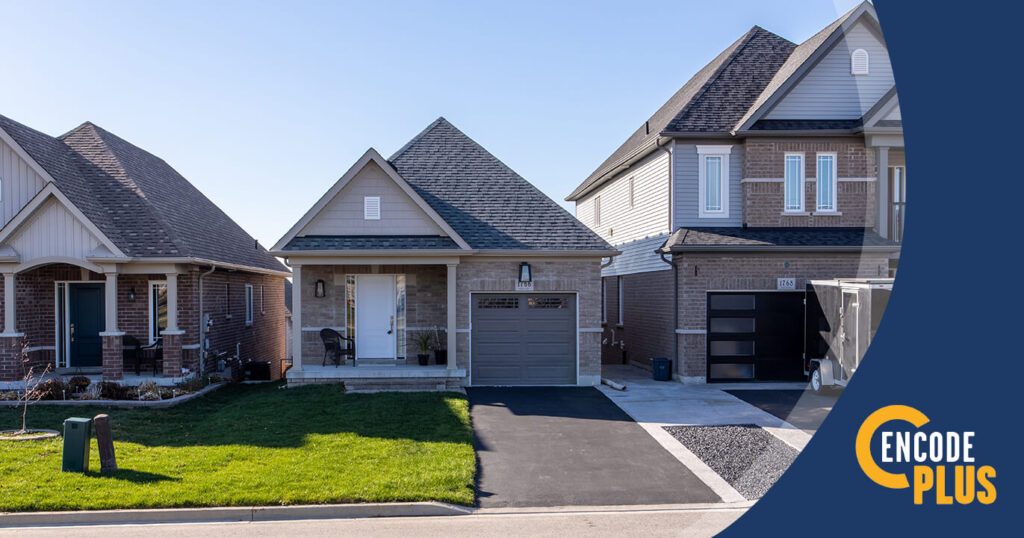


In August, the Fifth Circuit U.S. Court of Appeals in New Orleans held that a city cannot ban non-resident owners from renting out their homes for short term rentals (STR). It found that found the rule violated the Dormant Commerce clause as it discriminated against out-of-state actors.
Prior to that ruling, the City of New Orleans required that licensees who want to rent out their home in residential areas had to show proof of a homestead exemption.
While the Court found the City of New Orleans had a legitimate governmental interest in preventing nuisances, promoting affordable housing and protecting neighborhoods’ residential character, it held that those objectives can adequately be served by reasonable nondiscriminatory alternatives.
The Fifth Circuit court covers Texas and Mississippi as well. The City of Austin, Texas, has a similar residency requirement, and this case will likely do away with that regulation, should someone challenge it. As a result of the New Orleans case, Austin’s Housing and Planning Committee met for a briefing on its own policy governing short-term rentals and are considering options. The Texas State Legislature has introduced legislation in the past to limit the ability of cities to regulate short-term rentals, but no such bills have ever passed.
So, what can local governments do now to protect their residential neighborhoods from the adverse effects of STRs?
One approach is to introduce block face restrictions in residential districts, such as limiting STR permits to one per block.
Another is to impose a minimum-night stay on home-sharing units to prevent quick weekend parties.
Other examples of rules that have been upheld in some jurisdictions include prohibiting gatherings of occupants outside at the premises during “quiet hours,” limiting the number of occupants, and implementing parking restrictions.
STRs offer guests unique opportunities to immerse themselves in the culture of a city and have authentic experiences, but protecting long term residents from the adverse effects of STRs is also an important local interest. Balancing these competing interests with zoning tools that are within the law is a complicated but an achievable task.
At Kendig Keast Collaborative, we recognize the need to stay up-to-date on nationwide trends as well as the community’s desire for high-quality outcomes. We draft clear and easy-to-understand, use-specific use standards with built-in mechanisms to verify standards are being met through an administrative review or a public meeting with a commission, board or council. These standards can include a variety of requirements such as those mentioned above.
Using enCodePlus to write and update community zoning ordinances and unified development codes, we incorporate tables and graphics (where appropriate) that clearly illustrate standards. As one of the enCodePlus features, the Land-Use Lookup Tool can be used to quickly look up a permitted use (such as an STR) to see where it is permitted, what the standards are, and what process is required for approval.